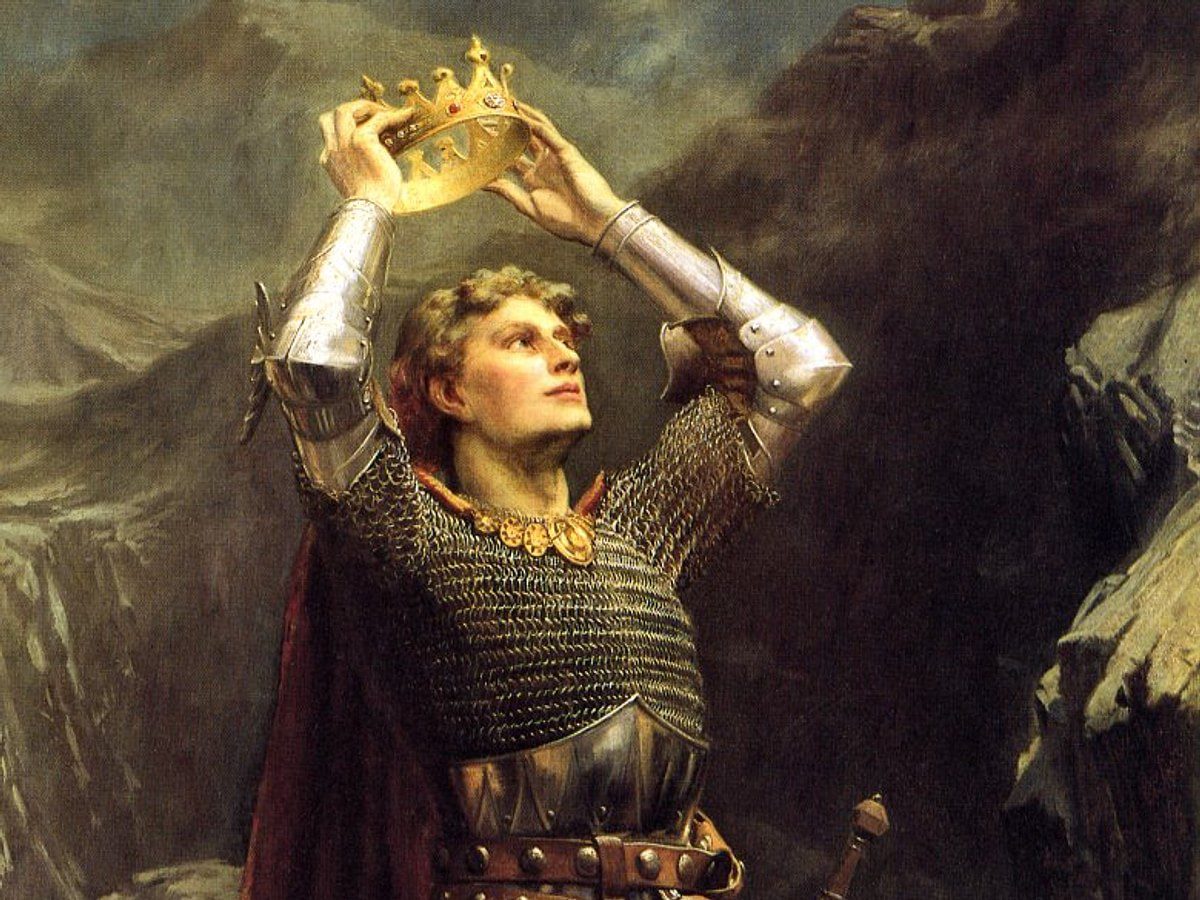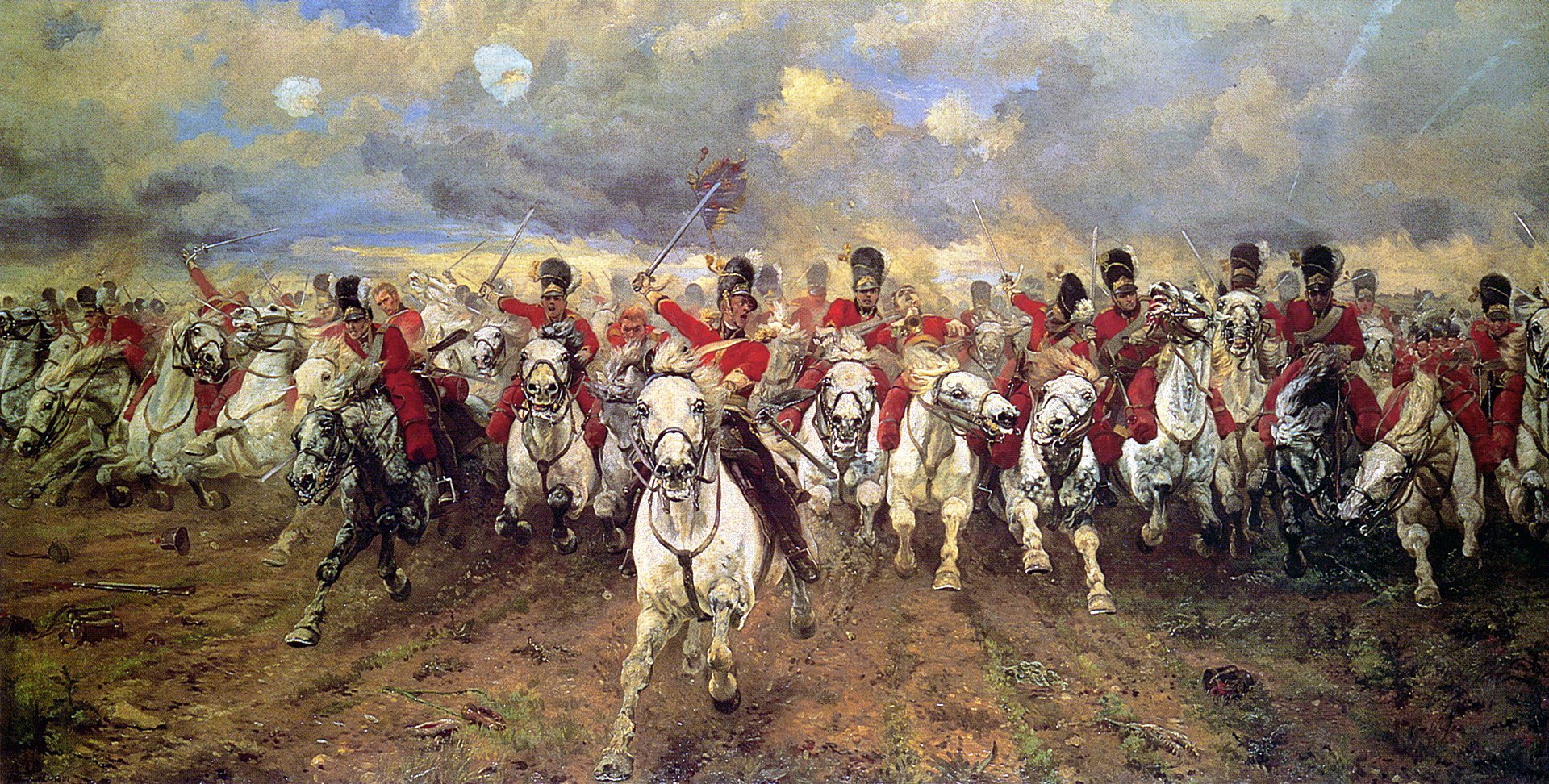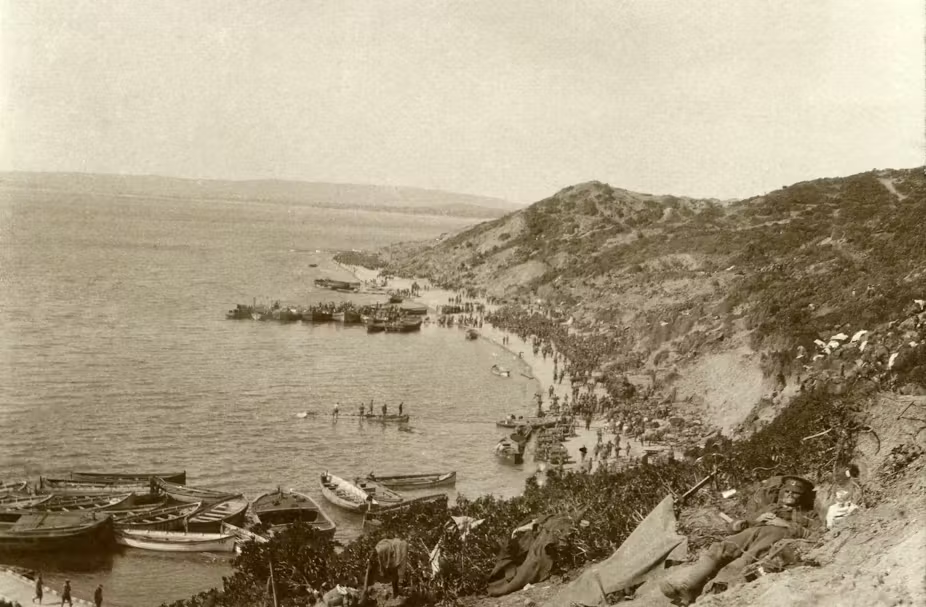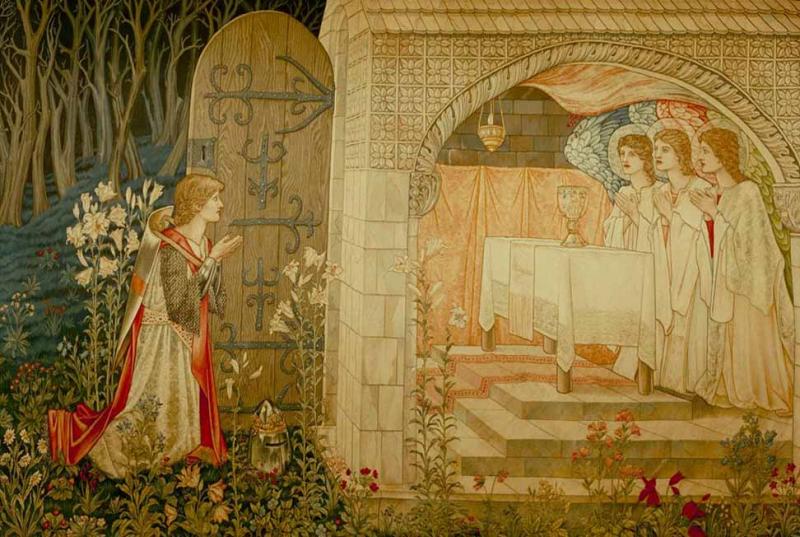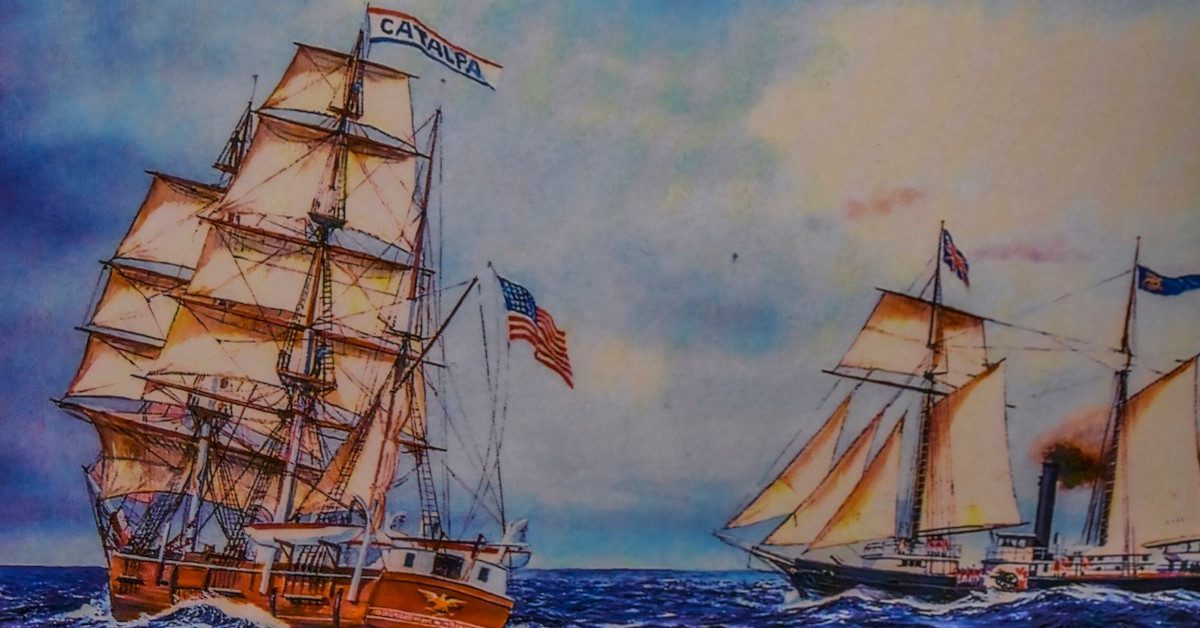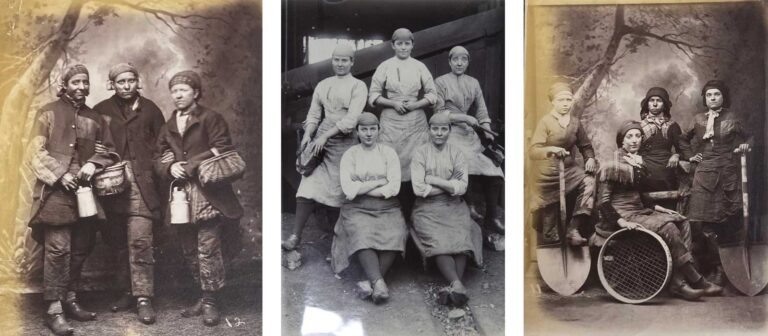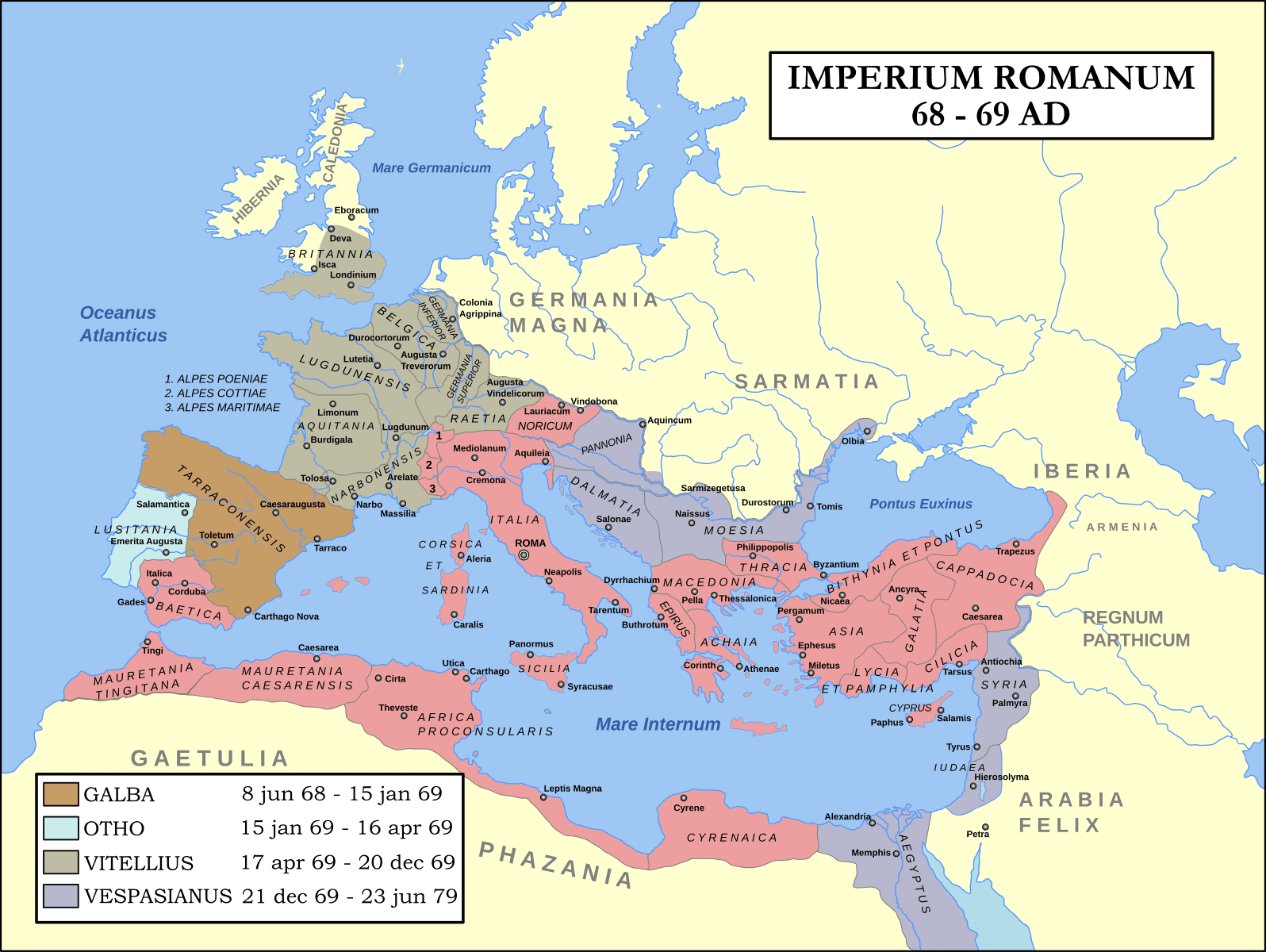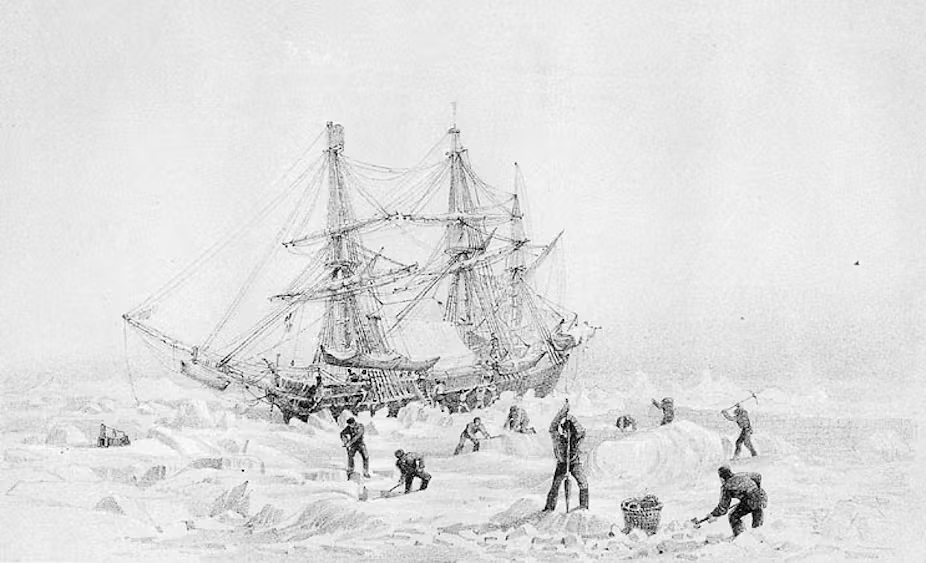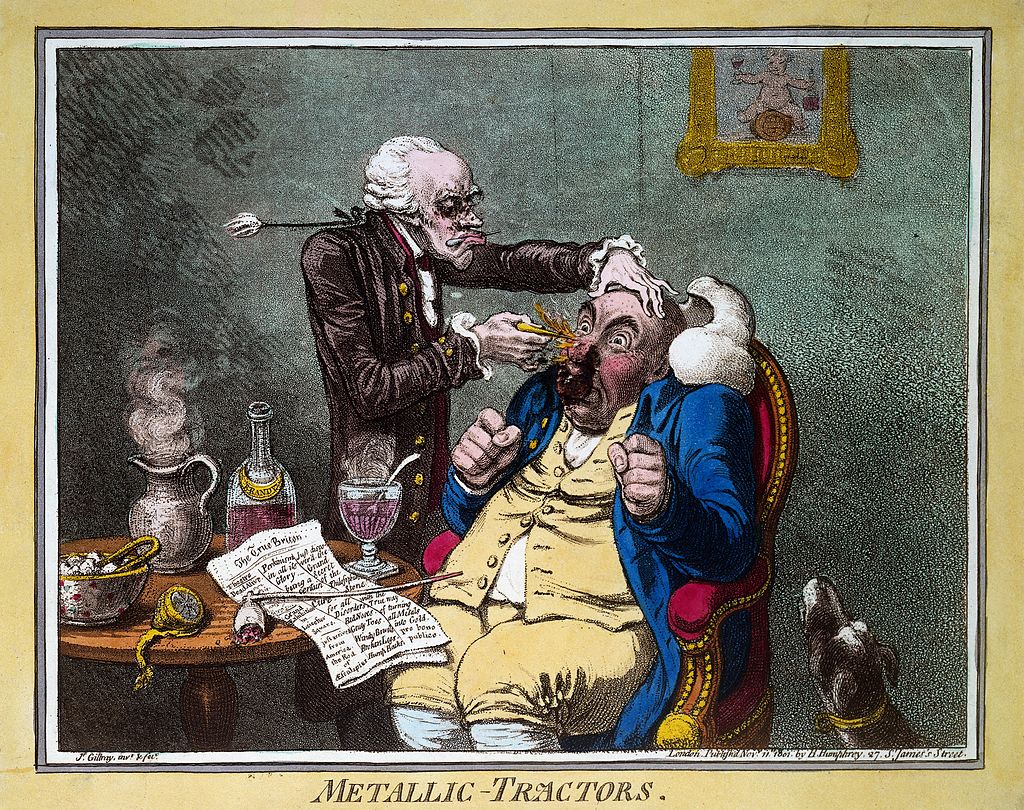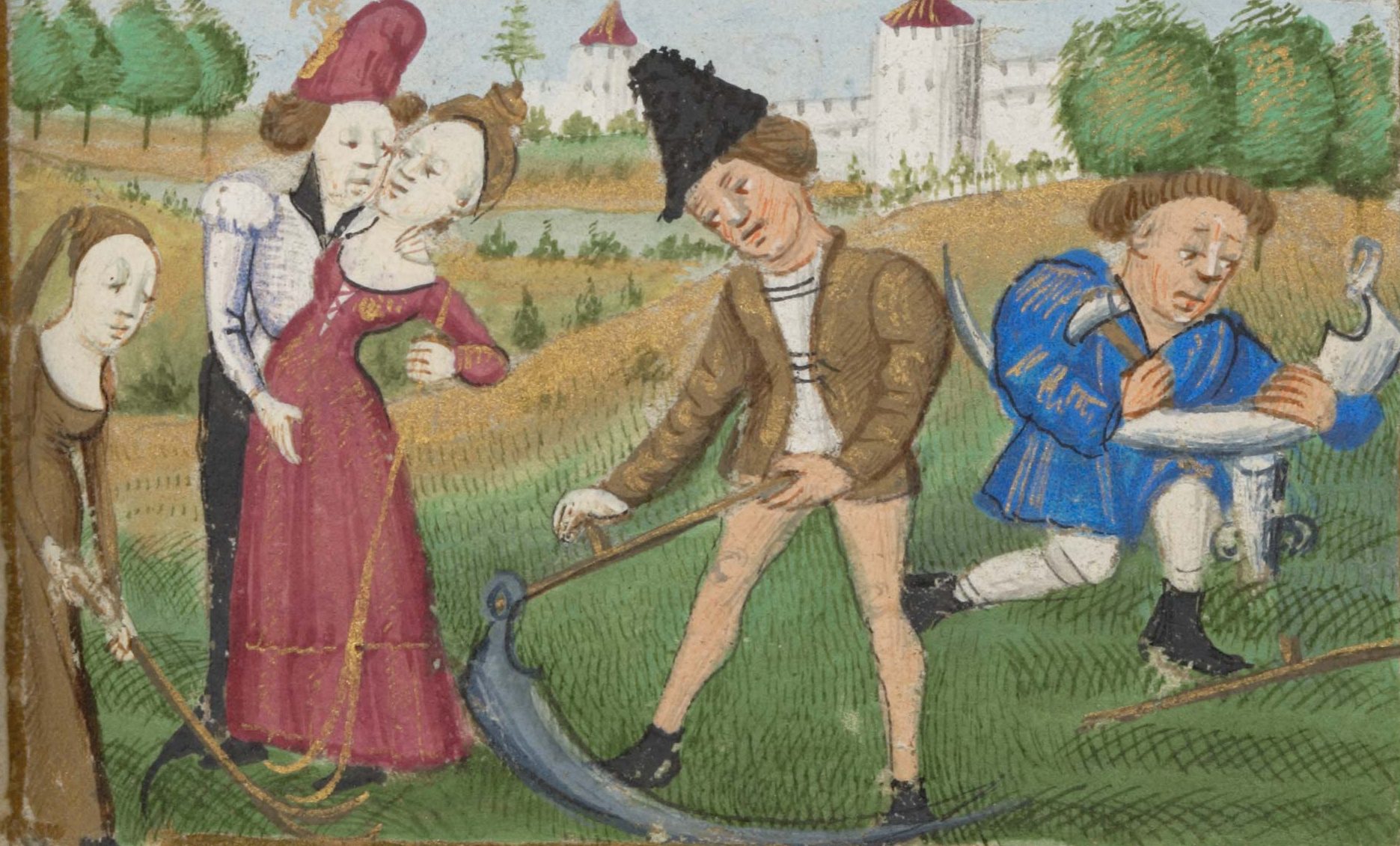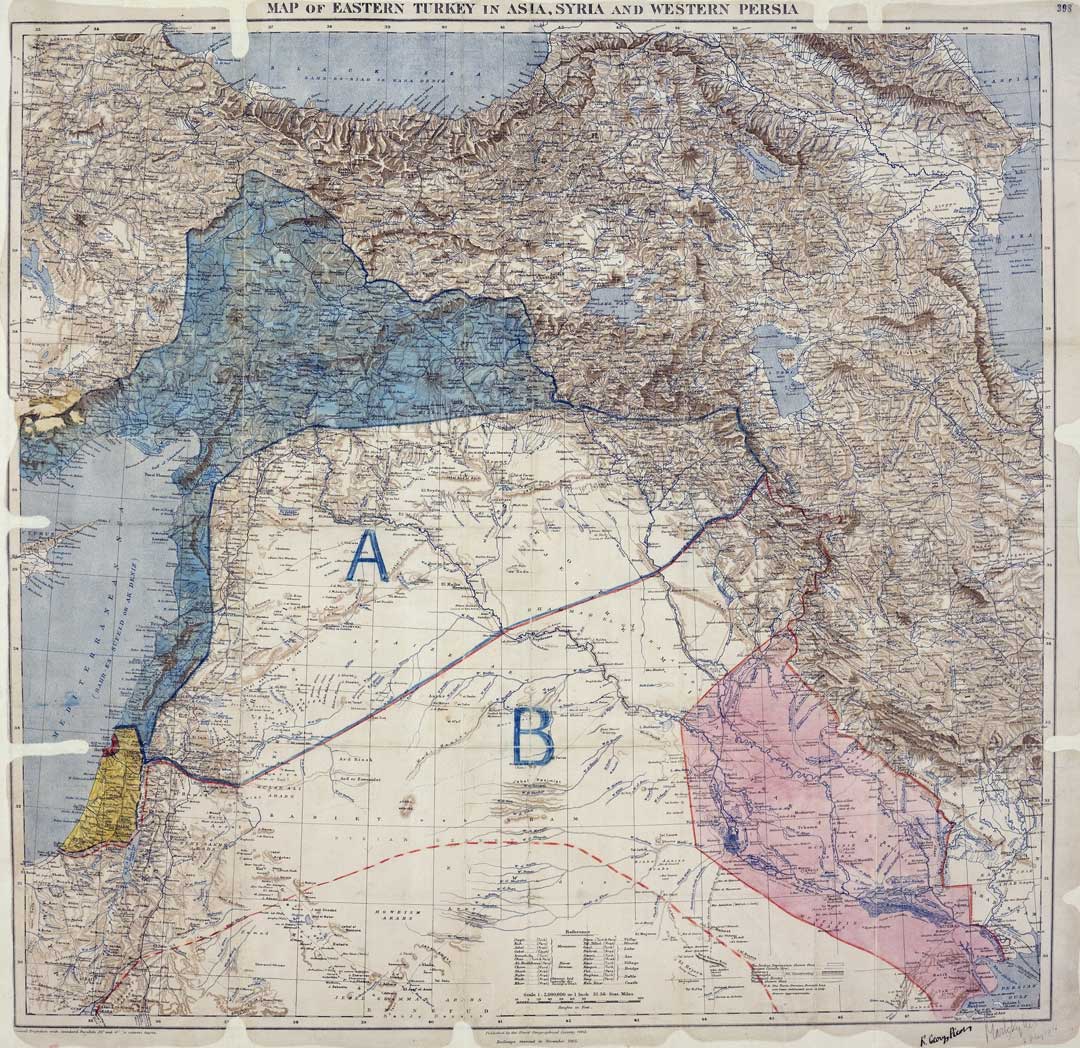
What was the Sykes-Picot agreement, and why does it still affect the Middle East today?
Reading time: 7 minutes
While this may be true, Sykes-Picot is still emblematic of how consequential European colonial ambition was in the Middle East. And while the borders outlined in the agreement did not eventuate, Britain and France still managed to get most of the territory they wanted, with little consideration of local populations. The Sykes-Picot agreement is therefore one of many colonial projects that we are still feeling the ripples of today.
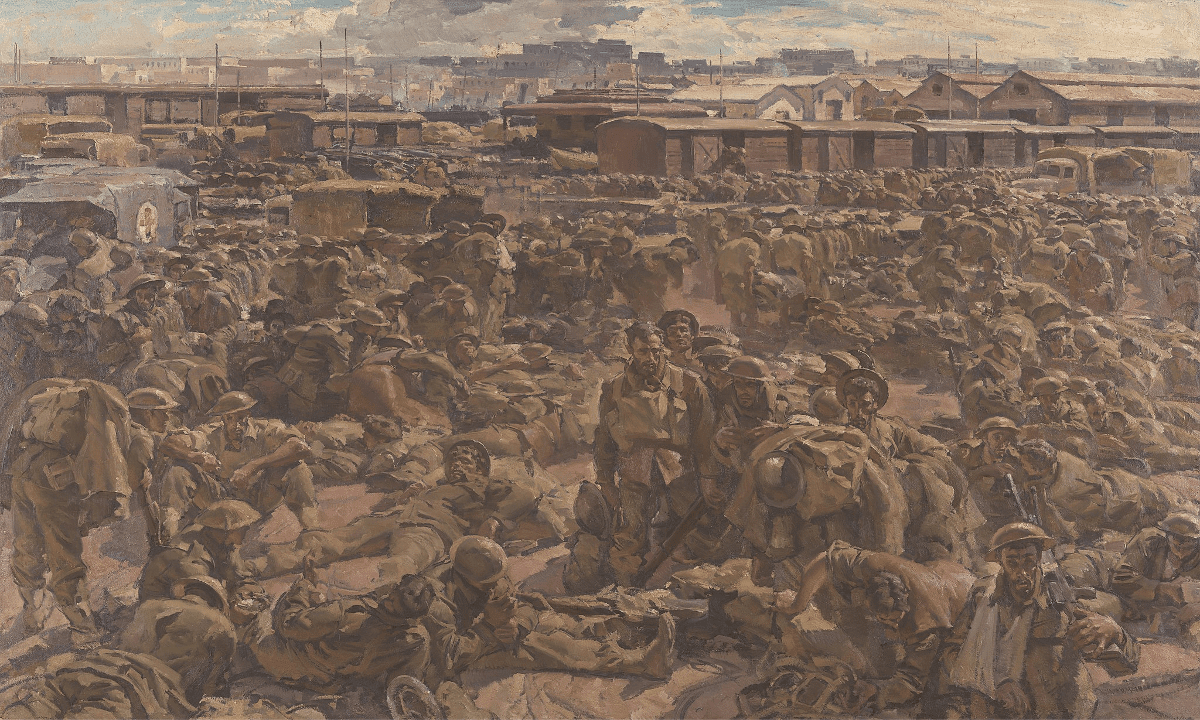
The Greek and Cretan evacuations: Australians tell their stories
The Battle of Greece is a story of grit, determination, and sheer bloody-mindedness as an outnumbered force of British and Anzac troops successfully delayed the tide of Germans invading the Mediterranean country. The goal was to delay the advance long enough to allow for Allied troops to be evacuated from Greece, ready to fight another […]
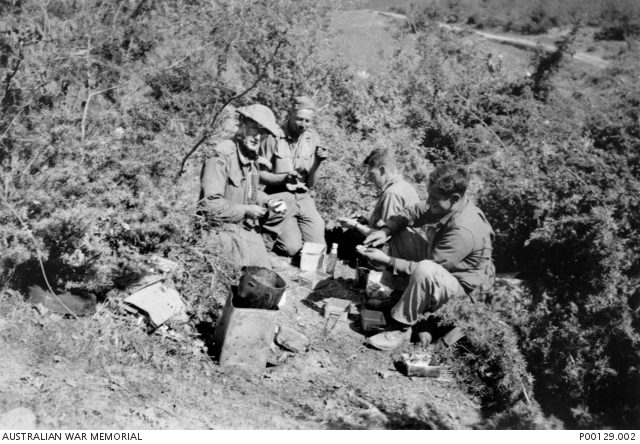
Remembering the Battle of Crete – 2025 Commemorations
This year is the 84th Anniversary of the Battle of Crete. The fighting around Rethymno will be commemorated in a series of events, listed below. 22nd May 2025 18:00 Memorial Service & reception at Armeni in the memory of the Greek Police General Stylianos Menioudakis (Armeni village, Municipality of Rethymno). 19:30 Memorial Service at the […]
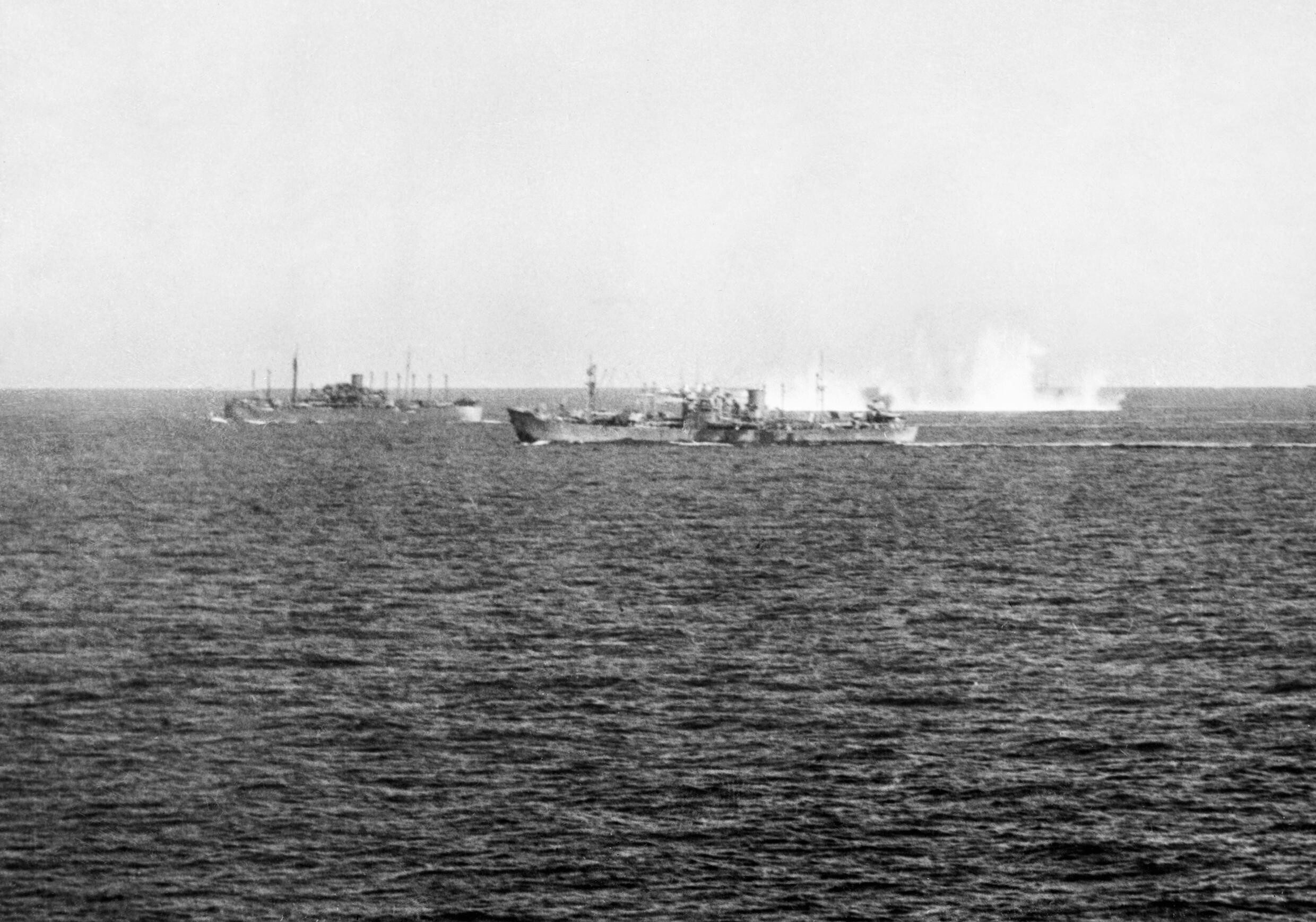
The Malta convoys: Australian sailors speak
Reading time: 7 minutes
The island of Malta, located in almost the exact centre of the Mediterranean, was an important depot and staging post for the Allied efforts in North Africa and, later, the invasion of Italy. As a result, the Axis forces bombed it relentlessly for years, something you can read about more in our article on the Siege of Malta through Australian eyes.
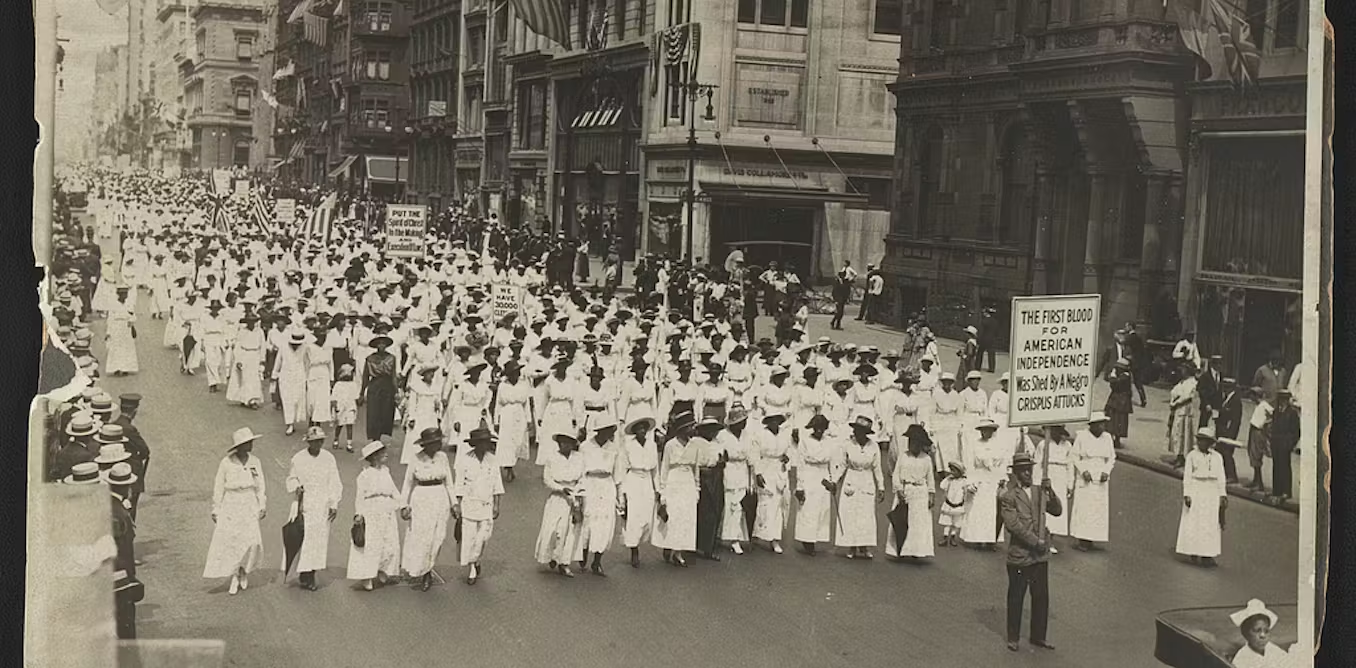
What is suffragette white? The colour has a 110-year history as a protest tool
Reading time: 7 minutes
“Suffragette white” is proving to be a popular fashion choice for women who want to make a statement. Most recently, former Australia Post CEO Christine Holgate donned a white jacket in her appearance before a Senate inquiry into her controversial departure from the organisation.

Flies, filth and bully beef: life at Gallipoli in 1915
Reading time: 6 minutes
Many factors contributed to making the Gallipoli battlefield an almost unendurable place for all soldiers. The constant noise, cramped unsanitary conditions, disease, stenches, daily death of comrades, terrible food, lack of rest and thirst all contributed to the most gruelling conditions.
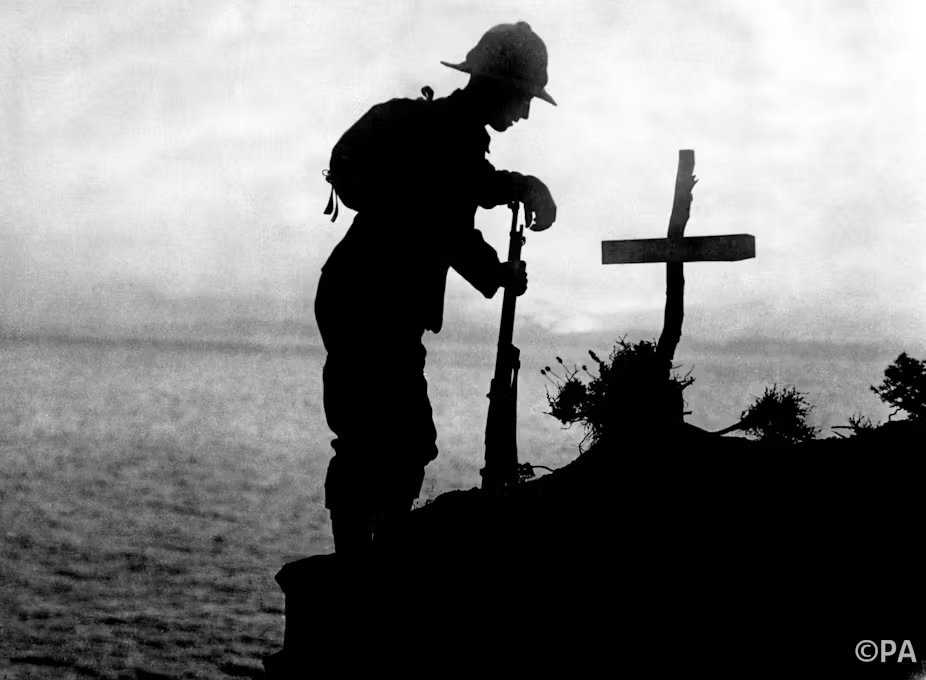
More than a century on, Gallipoli campaign should be more than just a symbol of futility
Reading time: 6 minutes
But the Gallipoli campaign’s result was especially troubling even at the time. Memorial services were held in April 1916 on the first anniversary of the initial landings. Subsequently, this anniversary has acquired special significance as Anzac Day, helping to shape and mark the transformation of Australia and New Zealand from British dominions to independent nations. And Gallipoli has become almost as notorious in British memory as the Somme and Passchendaele in symbolising the carnage of the war. The point is not simply the scale of the losses. It is also the fact that the campaign was so obviously a resounding defeat. What could have been more futile?
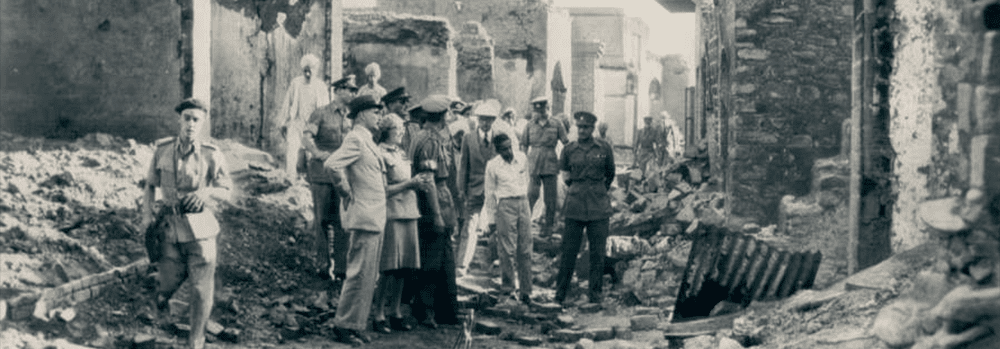
The Partition of British India: Timeline
Reading time: 6 minutes
Track the key events during British colonial rule leading to the emergence of the independent nation-states of India and Pakistan in 1947.
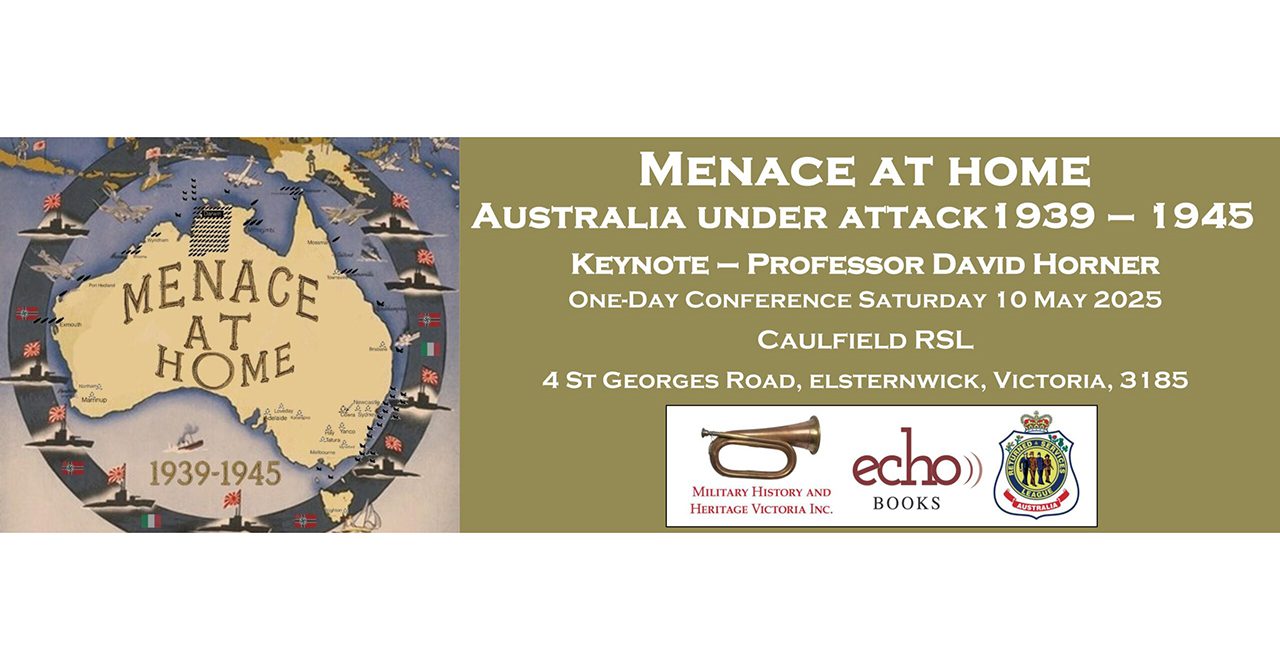
Menace at Home – Australia Under Attack 1939-1945 Conference – Melbourne 10th May
10th May 2025, from 9:00 am to 5:00 pm. This one-day conference will explore the numerous ways Australia was attacked during the Second World War. Between 1939 and 1945, over 1,800 enemy air raids targeted northern Australia, while the nation’s coastal waters were patrolled by raiders, sea mines, and submarines. People of various backgrounds—friends, foes, […]
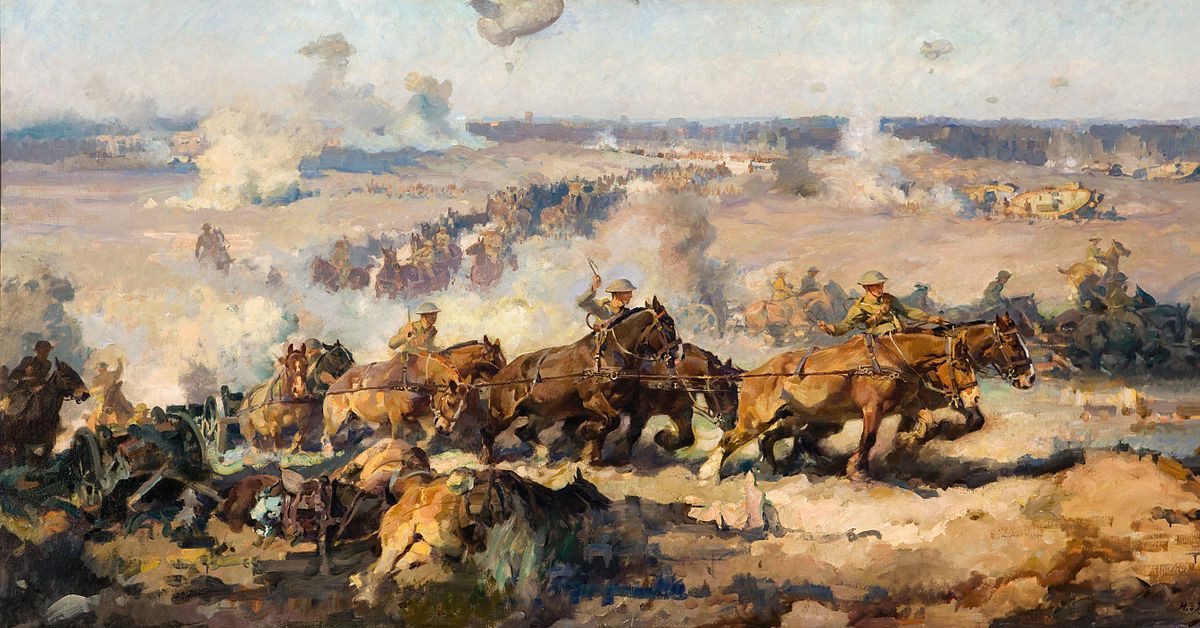
Free of the Trench: How British & Imperial Forces Overcame the Deadlock of the Western Front
Reading time: 12 minutes
The First World War came to an end just over 100 years ago, a mere moment’s time in human history. But as close as we are to it, a century is more than enough to surround that conflict with myth and misconception.
The image of the war on the Western Front, as brought to us through decades of outdated scholarship and popular fiction, is simple: two vast armies, each equipped with the latest murderous fruits of the industrial age, found they couldn’t decisively defeat one another in the field and so settled into a long, bloody, dirty, and consumptive war in which thousands of lives were thrown away every day, often for minuscule gains which would bring neither side meaningfully closer to victory.
The real story is more complicated. By 1916, it was plain to see that tactics like those championed by Haig, designed to draw out the enemy for a momentous set-piece battle, weren’t working, and even those neck-deep in the fight didn’t need the benefit of hindsight to recognise that.
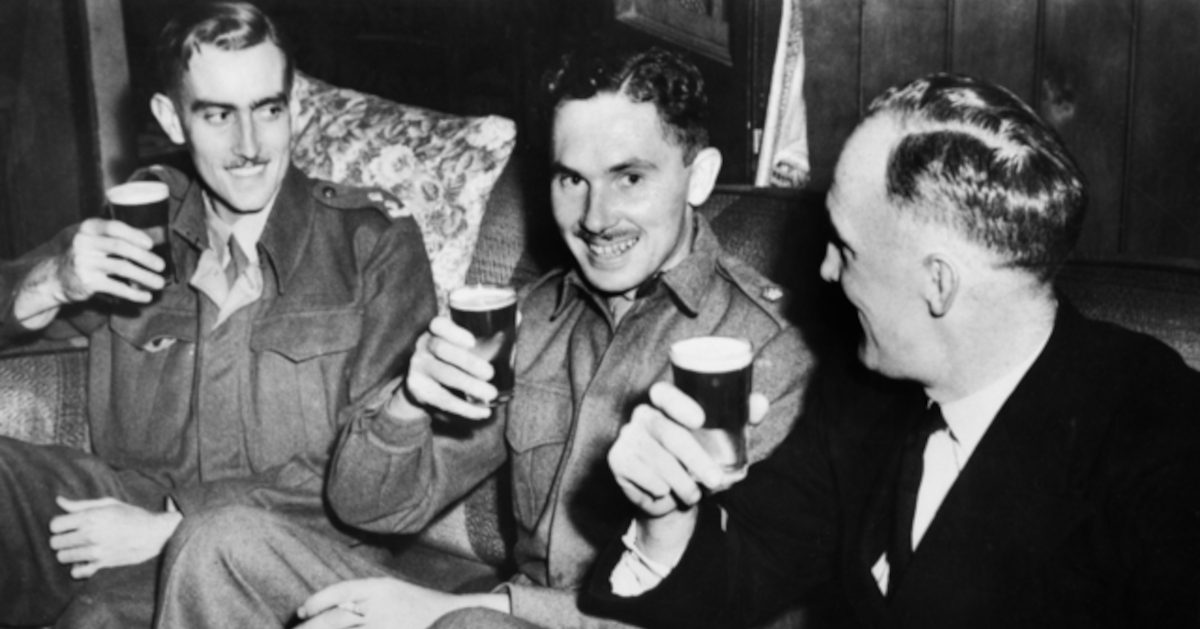
Inventing Special Forces: Operation Jaywick
Reading time: 11 minutes
Modern special forces are capable of astonishing feats of arms, from crippling their opponents’ infrastructure to derailing entire campaigns. While soldiers have been detailed for highly specialised and dangerous tasks since before history began, the first true forbears to today’s special forces were first established in the midst of the Second World War, when the Axis powers seemed poised to seize victory at any moment.

